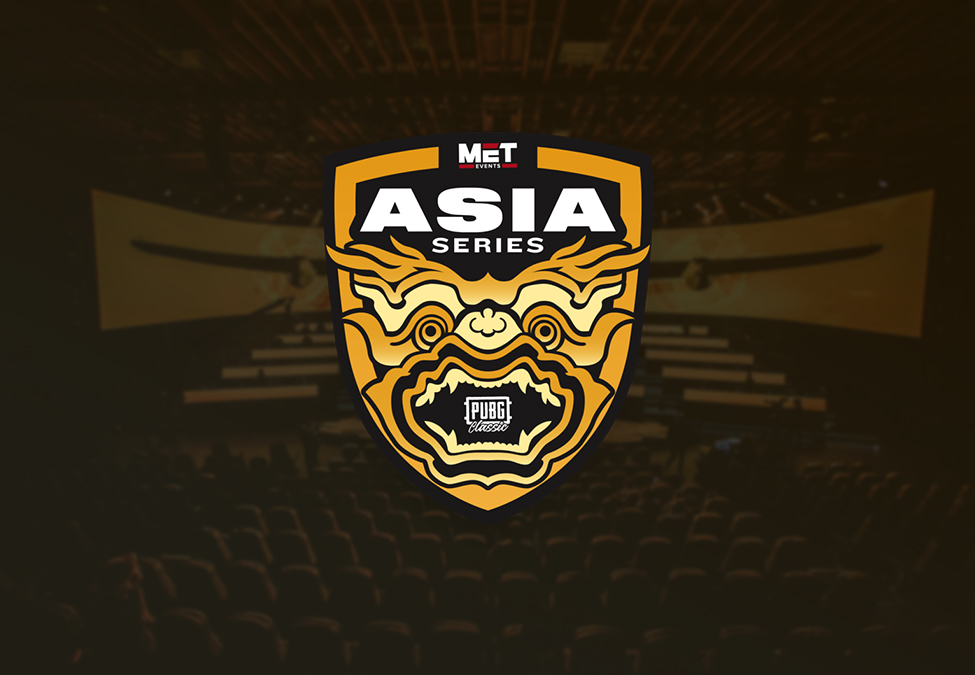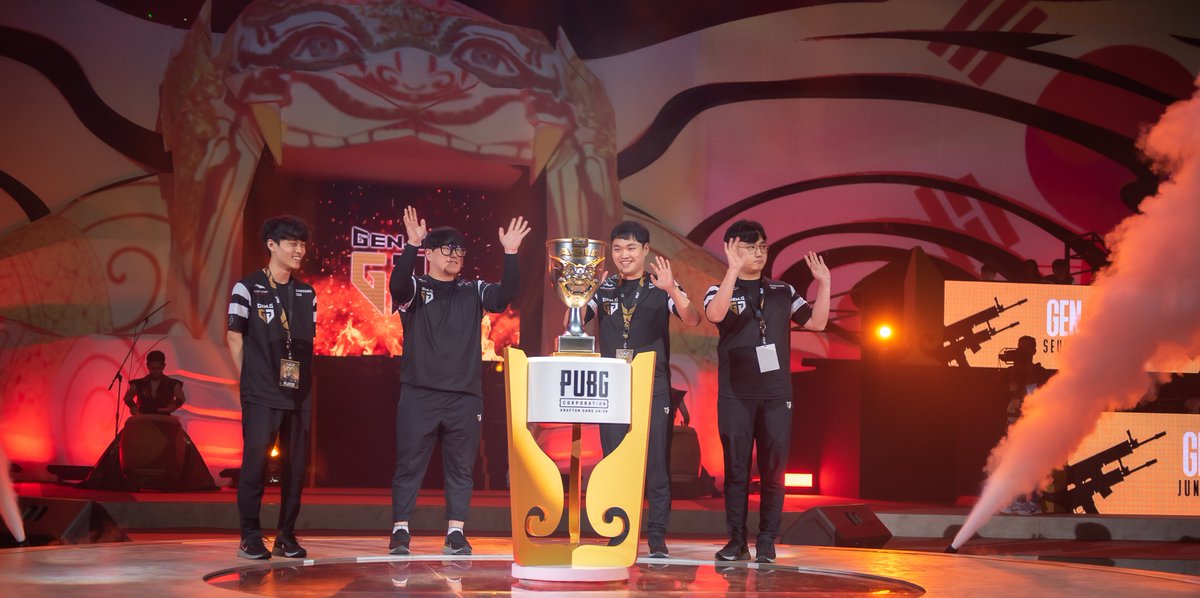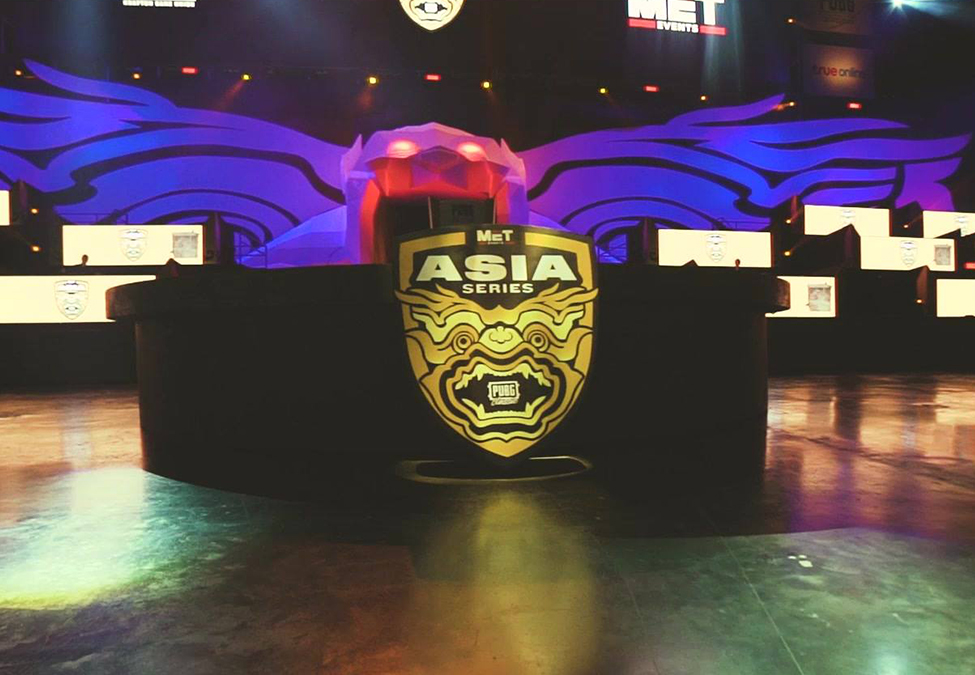MET Asia Series: PUBG Classic was the third global event – and final event in the Classic series – in PUBG esports’ 2019 season, taking place on July 26-28th.
The event didn’t go without its hitches, however: poor, drawn-out decisions following a power outage on the second day caused disruption in the tournament and frustration among the players, teams, staff, and audience in attendance. The situation could have played out very differently, as told to Esports Insider by sources involved with the event.

Teams were battling it out on July 27th – the second of the three days, in which six matches were being played daily – when a power outage occurred during the final match. Affecting an entire area within Bangkok, including the event, there was discourse as to how the event would proceed. While ran by Mineski, the MET Asia Series: PUBG Classic was sanctioned by PUBG Corp., which not only meant that Mineski would abide by its global ruleset but the developer would be able to intervene and overrule the organiser as it deemed fit.
A remake of the map was played before the day closed out. Before even leaving the venue following the round’s completion, there were two options presented to the players from PUBG Corp.: either the surviving teams could accept compensation points or continue the competition by using the points from the remade map – and, ultimately, the players let the developer decide which of the two options was chosen as they were happy with either outcome.
PUBG Corp. decided to scrap both of those options and unilaterally came up with a third option of combining compensation points with the score from the remade map. This was inconveniently presented to the teams’ managers just 30 minutes before the event got underway for its third and final day. The players didn’t like this option, nor did they appreciate PUBG Corp.’s choice to ignore the previous two solutions. The developer told the unhappy teams that they had to abide with what had been chosen or they would be disqualified from the event, in which the players explained that they’d rather be disqualified than continue with what was being enforced. Disqualifications ultimately weren’t handed out and the situation continued.

The players felt frustrated and betrayed, and PUBG Corp. left it to Mineski to manage the outrage while its employees remained in their office instead of tackling the problems face-to-face. The Bluehole subsidiary even requested for additional door security to be added to its office to prevent the players from approaching, this was yet another source of dissatisfaction and frustration for the players.
In a post on Weibo, PUBG Corp. publicly opened up about the situation by placing the blame on Mineski; not only saying that Mineski provided a bad experience to the teams and audience, but that the company is the reason that the Wildcard qualification slot for the PUBG Global Championship was removed from the event. The post goes on to explain that “detailed” investigations will be conducted into the event in an attempt to allocate “accountability” for the occurrences.
PUBG North America was in charge of the event, with support coming from PUBG China, PUBG Korea, and PUBG SEA, and there was conflict among all of the international departments during the negotiation process with the players. China and Korea forced North America to make a decision in the end, having already caused delays of up to three hours on the final day.

Eventually getting back to the action, the teams proceeded to play Round 13 and it was only after that that they realised that the event’s leaderboard wasn’t as it should be. It was then that teams from China and Chinese Taipei boycotted the rest of the matches, stating that due to PUBG Corp.’s incompetence that they wouldn’t be able to play the remaining seven matches on the day. This decision ultimately meant that the tournament would be reduced from 18 matches to 15.
The whole situation could have been defused on the day of the power outage and the event could have ran smoothly, but incompetence on the end of PUBG Corp. meant that the MET Asia Series: PUBG Classic became both controversial and a laughing stock, and that one of the best Eastern teams would have to miss out on the PUBG Global Championship – all while Mineski is publicly receiving the blame from the developer despite having its power withdrawn.
PUBG Corp. declined to comment on the situation when asked by Esports Insider.
[maxbutton id=”8″ ]
